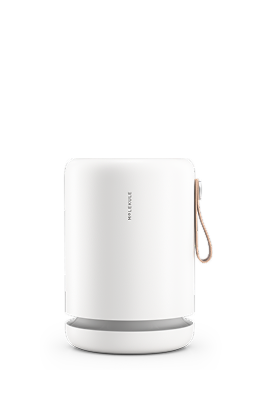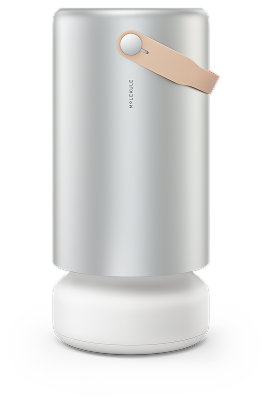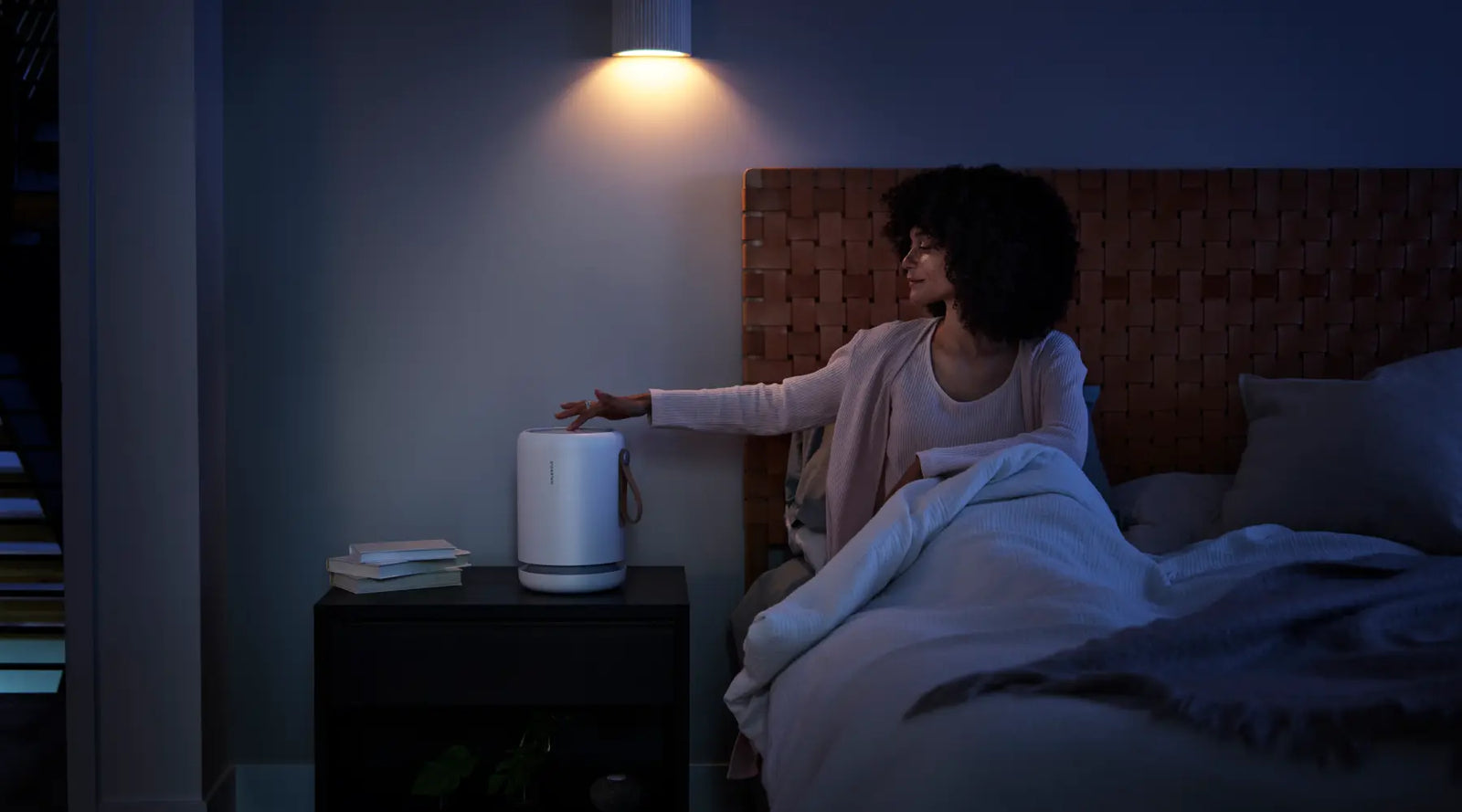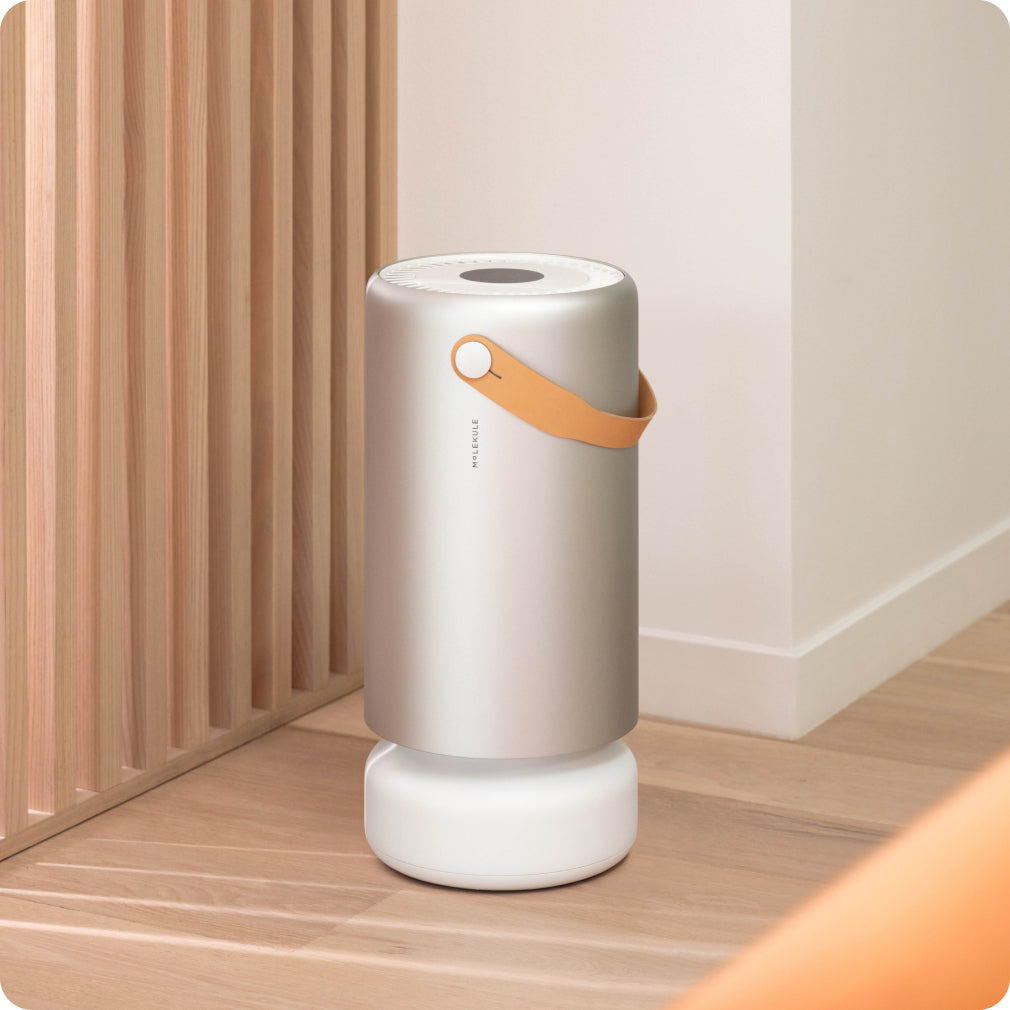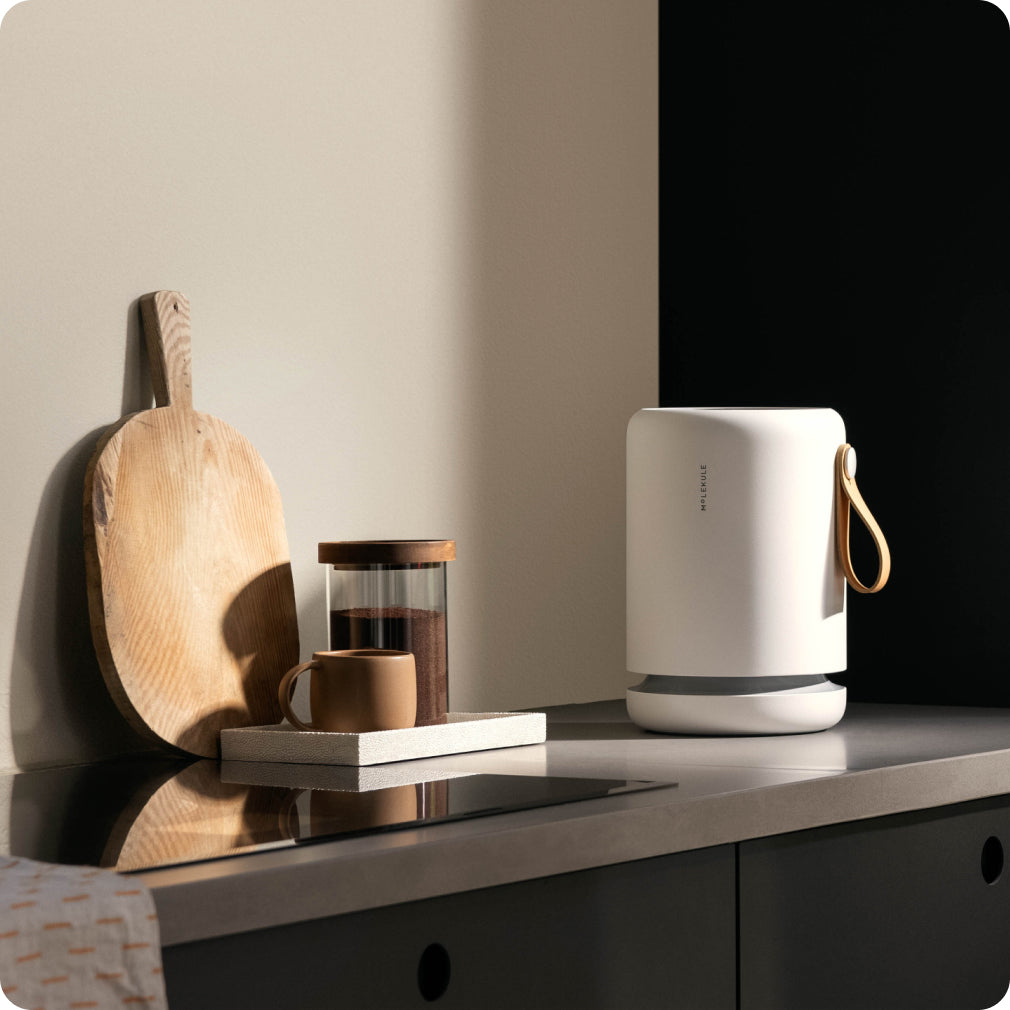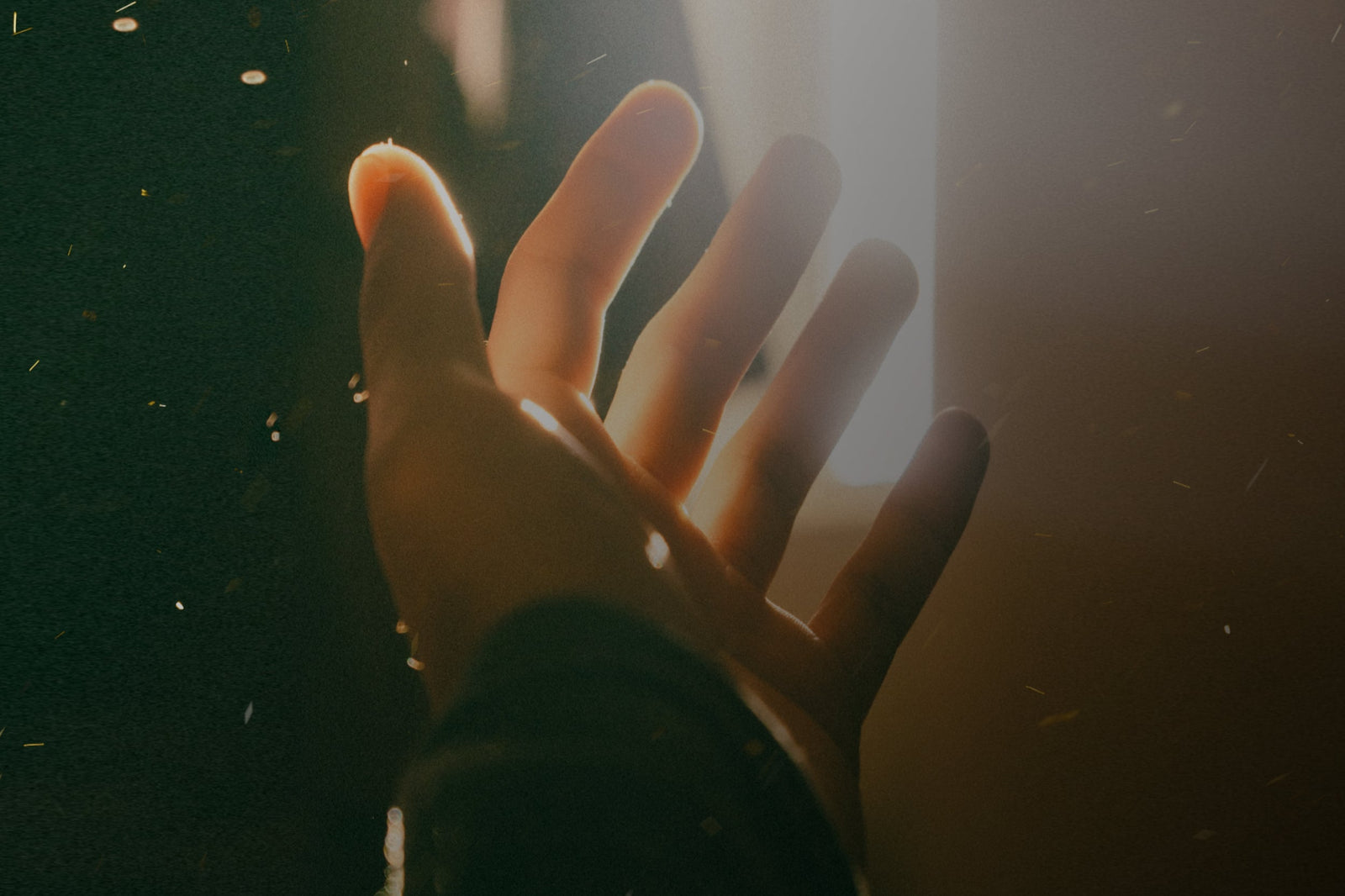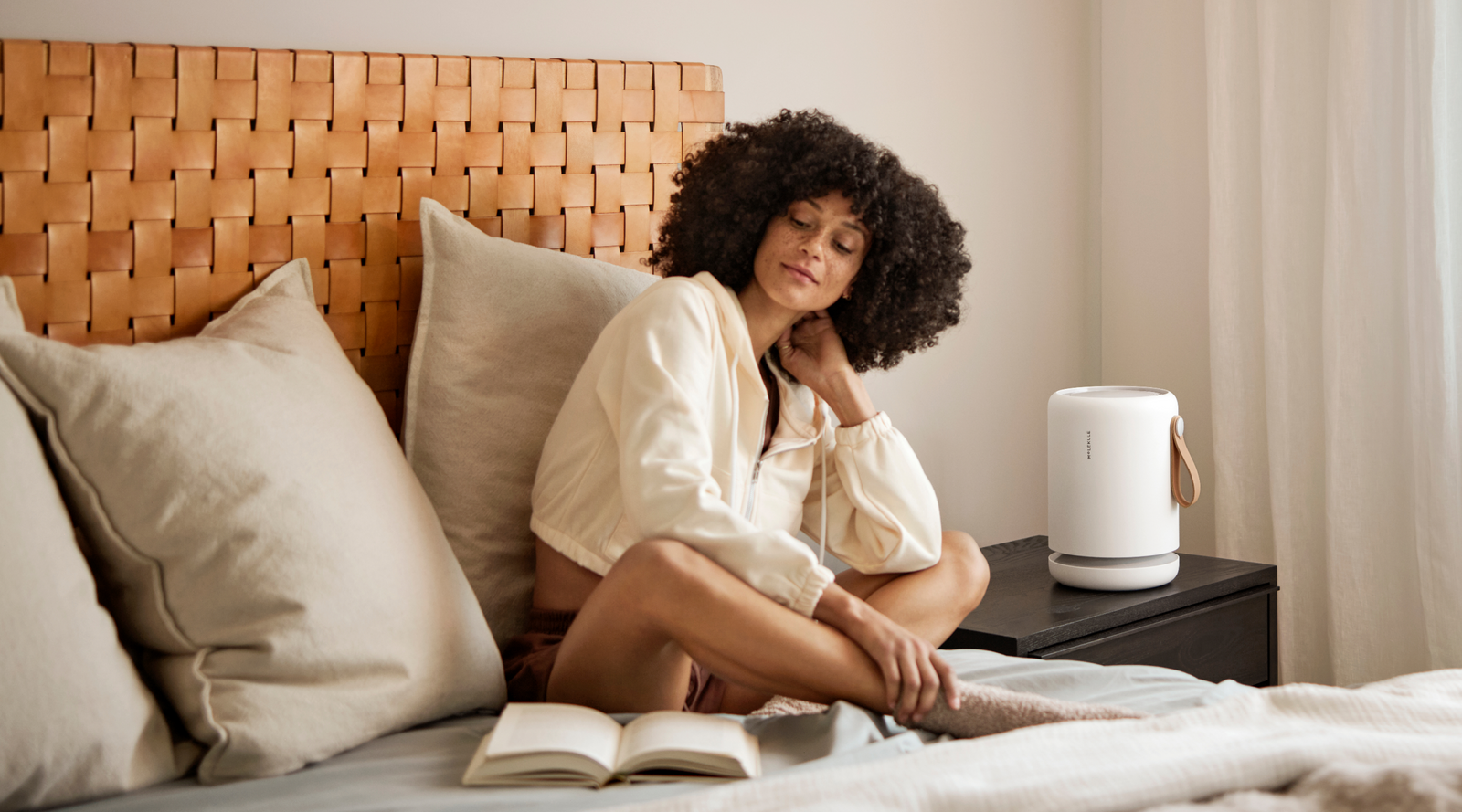March is National Sleep Awareness Month, the perfect time to talk about the important relationship between sleep hygiene and overall health. Most people have trouble sleeping at some point in their lives, but recent evidence suggests that teens and young adults may be the most plagued by ongoing sleep problems. According to a 2022 global survey, about 29% of young adults aged 18-24 years old experienced insomnia every night — the highest insomnia rate out of any age group in the U.S. (And that 29% isn’t even counting everyone who experienced insomnia on a weekly or monthly basis.)
This lack of quality shuteye isn’t a new problem, either. “A 2015 article published in the Journal of Pediatrics outlined what they called the ‘The Great Sleep Recession’ among U.S. adolescents,” says Dr. Angela Holliday-Bell, board-certified physician, certified sleep specialist, and founder of The Solution is Sleep LLC. The 2015 study found that half of adolescents slept less than 7 hours per night, falling short of the 8 to 10 hours recommended for that age group.
“Fast forward several years to 2022, and we see another sleep recession during COVID, with adolescents sleeping even less,” adds Dr. Holliday-Bell. “Studies also show a delay in sleep and wake times, an increase in nightmares, and increased daytime sleepiness.”
There’s a lot of information in the air about sleep hygiene and sleep quality, so let’s dig deeper into what’s causing this sleep deficit and what we can do to help improve the sleep of our younger generations.
Why are teens and young adults having trouble sleeping?
A 2024 poll by the National Sleep Foundation found that 80% of American teens don’t get enough sleep. Multiple things are driving this lack of quality sleep, explains Dr. Holliday-Bell, but the most significant is the increased use of social media and electronics among teens and young adults. The upward tick in screen time has “contributed to attentional issues, decreased physical activity, and even increased anxiety that interferes with sleep.”
The issue was likely magnified during the COVID pandemic, she adds. “We saw a loss of routines that led to more erratic wake and sleep times as well as a decrease in external cues like natural light exposure that further contributed to poor sleep habits.”
A recent review of research found that, among teens and young adults aged 16 to 25, digital media use was linked to shorter sleep duration and poorer sleep quality, with a more significant impact associated with screen time in the evenings and nights. Teens and young adults who used their phones at night were also more likely to go to sleep later and feel more tired during the day.
The National Sleep Foundation poll also points out that school demands may make it even harder for teens to get enough sleep, with 7 out of 10 teens reporting that they have to be at school earlier than 8:30 each morning. (Since this age group naturally tends to stay up later at night, early start times can make it virtually impossible to get the recommended amount of sleep.) Most of the teens who participated in the poll listed school or work as the main reason they don’t get enough sleep.
What happens when teens and young adults don’t get enough sleep?
Our sleep needs change throughout our lives. As newborns, we need about 16 to 18 hours a day, and that number steadily declines until we reach adulthood. According to the American Academy of Sleep Medicine, teenagers (13 to 18 years) should get between 8 and 10 hours of sleep each night. Adults generally need between 7 and 9 hours, though some young adults may need even more.
Quality sleep is crucial to physical and mental well-being, especially for teens and young adults. When you get enough sleep at night, you’re likely to have an easier time paying attention during the day, remembering important things, learning new concepts, and thinking analytically. Teens and young adults with better sleep hygiene and sleep quality are also more likely to have healthy blood pressure and cholesterol levels and reach and maintain a healthy weight.
On the flip side, sleep deprivation leads to daytime drowsiness and shorter attention spans, which can make it hard to succeed at school or work. A lack of quality sleep can also affect brain development in teens and young adults, leading to trouble regulating moods, irritability, and exaggerated emotional reactions. Sleep deprivation may also increase their risk of:
- Interpersonal conflict;
- Accidental injury;
- Engaging in high-risk behaviors, such as texting while driving, not using a seatbelt or helmet, drinking and driving, or riding with a drunk driver;
- Mental health problems, including depression, anxiety, and suicidal thoughts and behaviors.
The National Sleep Foundation poll found that almost 75% of teens felt that their emotional well-being suffered when they slept less than usual. Teens who didn’t get enough sleep were significantly more likely to report feelings of loneliness and depressive symptoms.
So, how can teens and young adults improve their sleep hygiene?
At its core, the practice of sleep hygiene is all about creating an environment and schedule that promotes quality sleep. Your goal is to make it as easy as possible for you or your children to get the recommended amount of shuteye each night. To help combat the “sleep recession” in teens and young adults, Dr. Holliday-Bell recommends the following sleep hygiene tips:
Stick to a consistent wake-up time.
Sleep hygiene starts way before bedtime. In fact, your actions from the moment you wake up can affect how much quality sleep you get the next night. Getting up around the same time every morning can help train the body’s internal clock (circadian rhythms), making it easier to get out of bed and feel awake and alert at the beginning of the day.
Seek out natural light in the mornings.
Try to get some bright natural light as soon as possible after waking up. Exposure to sunlight helps signal to your internal clock that it’s daytime, so you start feeling more “awake” in the mornings and find it easier to fall asleep at night.
Get physical activity throughout the day.
Regular physical activity can improve sleep quality by improving mental health, enabling relaxation, regulating circadian rhythms, and making it easier to fall asleep at night. One notable exception: high-intensity exercise in the evenings or before bedtime may make it harder to fall and stay asleep.
Create a sleep-friendly bedroom.
Since teens and young adults often spend plenty of time in their bedrooms during the day, it’s important to strike a balance between creating a fun place to hang out and maintaining a healthy environment for quality sleep. For a sleep-friendly bedroom, think: quiet, dark, and cool (temperatures). Fans, blackout curtains, and white noise machines may help make the room more conducive to quality sleep.
Avoid electronics and bright lights before bedtime.
Just like bright lights help you wake up in the morning, they can also make it harder to fall asleep at night. Try to dim the lights in the house or bedroom as bedtime gets closer to help signal to the body’s internal clock that it’s time to sleep. And keep phones, computers, and tablets out of the bed.
Go to sleep at the same time each night.
The final part of training your internal clock is going to sleep at the same time each night. Sticking to a regular bedtime is easier if you create an enjoyable wind-down routine that helps tell your body it’s almost time to sleep, like meditating, reading a book, or listening to relaxing music.
Air quality and sleep
The air quality in our bedrooms can also impact how we sleep at night. Airborne allergens like pollen, pet dander, dust mites, and mold spores can cause nighttime allergy symptoms like stuffy or runny nose and coughing. And, thanks to gravity, allergy symptoms usually get worse when you lie down, making it harder to fall asleep and get quality, uninterrupted sleep throughout the night.
“It can be helpful to control for allergens in the environment that can contribute to nasal congestion and poor sleep,” says Dr. Holliday-Bell. “This can be achieved using an effective air purifier like Molekule."
Molekule Air Pro and Air Mini+ not only trap and remove allergens and other types of pollution from your indoor air, but they also provide ventilation and subtle white noise that help people like Dr. Holliday-Bell fall and stay asleep. To read more about how air quality can impact sleep, read our conversation with Dr. Holliday-Bell in Sleep Hygiene: How environment and air quality impact sleep health.
